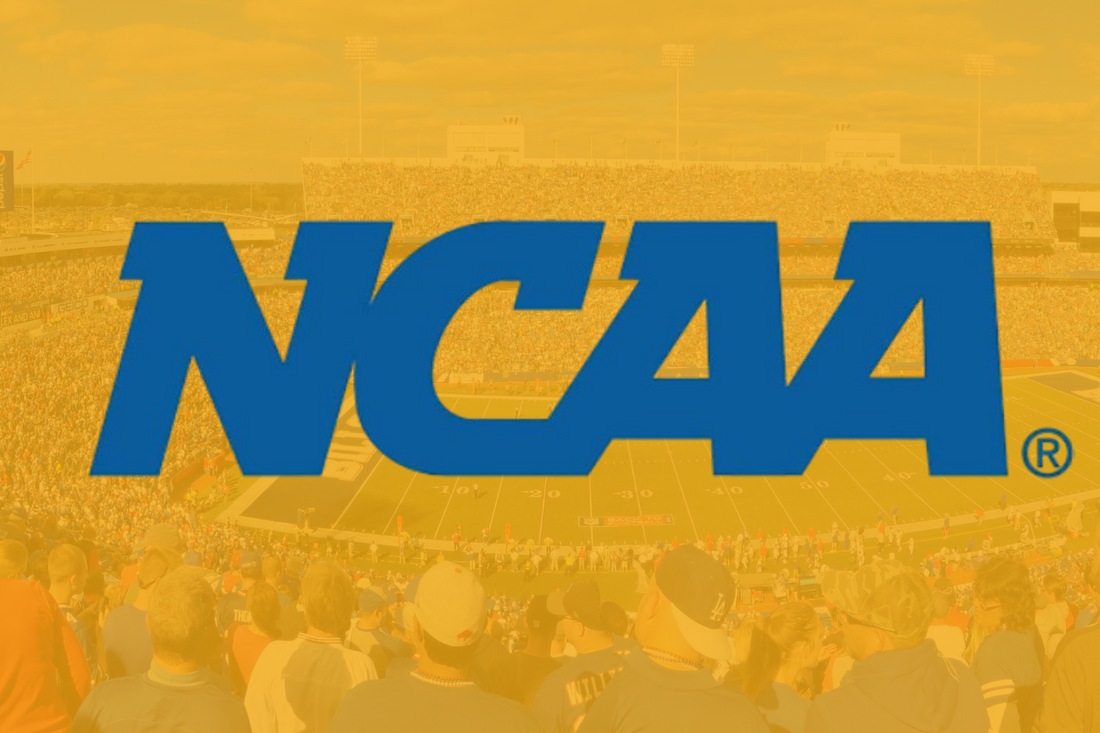
Do NIL Deals Have to Be Public?
By Jason Bolton September 14, 2023 03:20
In recent years, the landscape of college athletics has undergone a significant shift with the introduction of Name, Image, and Likeness (NIL) rights. These new rules allow college athletes to profit from their own name, image, and likeness, opening up opportunities for endorsement deals and sponsorships. However, one question that arises is whether these NIL deals have to be made public. In this article, we will explore the implications of publicizing NIL deals and discuss the factors that may influence an athlete's decision to keep their deals private.
Publicity plays a crucial role in the success of any endorsement deal. By making a NIL deal public, athletes can leverage their popularity and reach to maximize their earning potential. Publicizing their deals allows athletes to build their personal brand, attract more sponsors, and increase their market value. Additionally, it helps in creating a sense of transparency and trust between the athlete, their fans, and potential sponsors.
While publicizing NIL deals has its advantages, there are also valid reasons why an athlete might choose to keep their deals private. One primary concern is the potential invasion of privacy. Some athletes may prefer to keep their personal lives separate from their professional careers, and publicizing their endorsement deals can blur that line. Maintaining a level of privacy can help athletes control their public image and protect their personal lives from unwanted scrutiny.
Another factor that might influence an athlete's decision to keep their NIL deals private is maintaining a competitive advantage. By keeping their deals confidential, athletes can prevent their competitors from gaining insights into the financial aspect of their endorsements. This allows athletes to negotiate better deals without the pressure of their competitors using that information against them. In a highly competitive sports industry, maintaining a strategic advantage can be crucial to an athlete's success.
In some cases, an athlete may have contractual obligations that require them to keep their NIL deals confidential. These obligations can arise from existing endorsement contracts, non-disclosure agreements, or other legal arrangements. Athletes must carefully review their contracts and consult with their legal advisors to ensure they are not in breach of any agreements by publicizing their NIL deals.
Ultimately, the decision to publicize or keep NIL deals private lies with the athlete. Some athletes may simply prefer to keep their endorsement deals low-key and focus on their sport rather than the business side of things. They may prioritize privacy and choose to disclose their deals only to a select few people. It is important to respect an athlete's personal preferences when it comes to their NIL deals.
While publicizing NIL deals can bring numerous benefits such as increased earning potential and brand building, athletes have the right to decide whether to keep their deals private or make them public. Factors such as privacy concerns, maintaining a competitive advantage, contractual obligations, and personal preferences all play a role in this decision. As the world of college athletics continues to adapt to the new NIL rules, it is important to strike a balance between transparency and individual choice, respecting the autonomy of athletes in managing their own endorsement opportunities.


































































